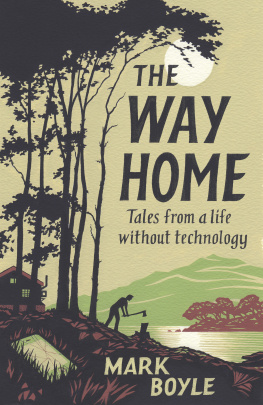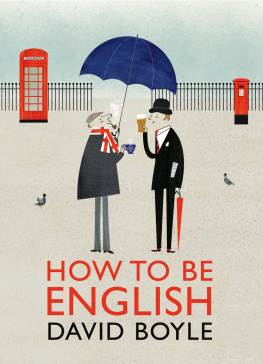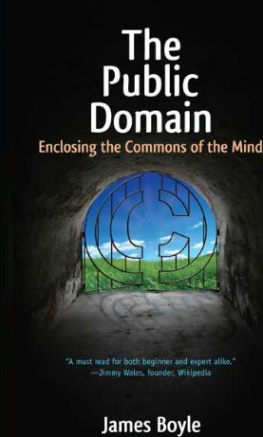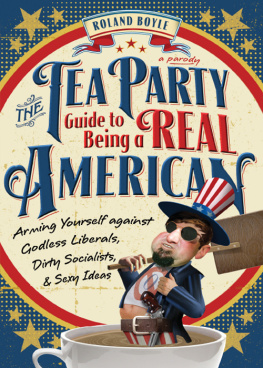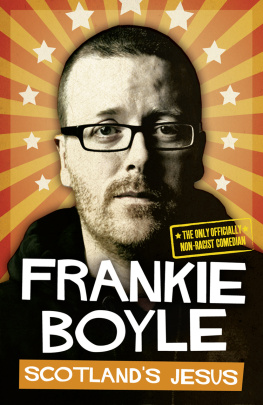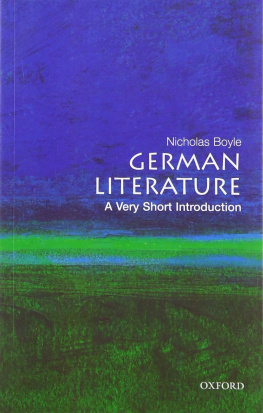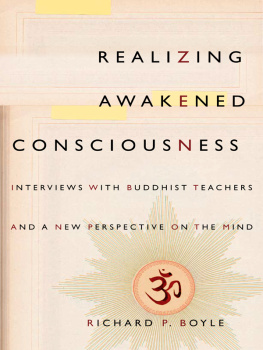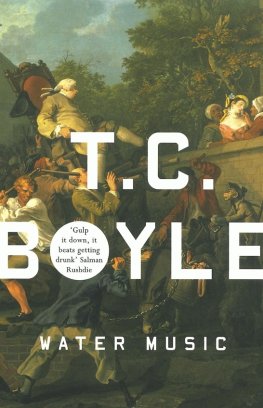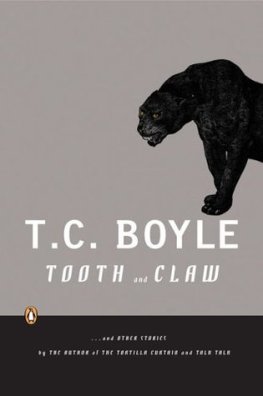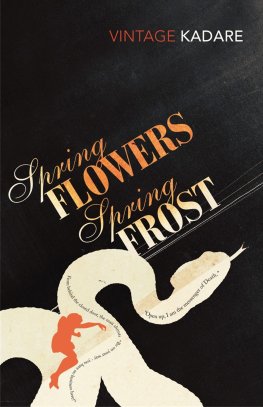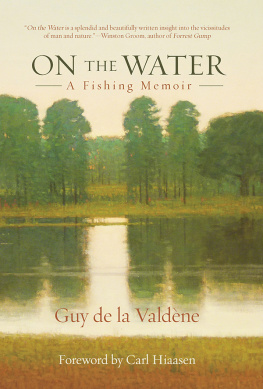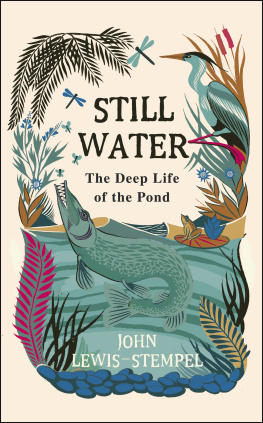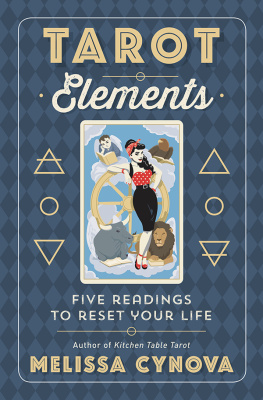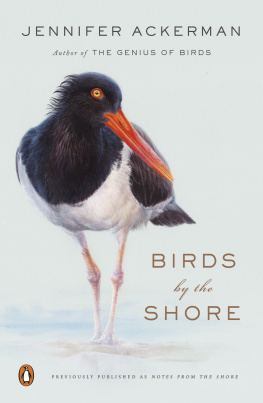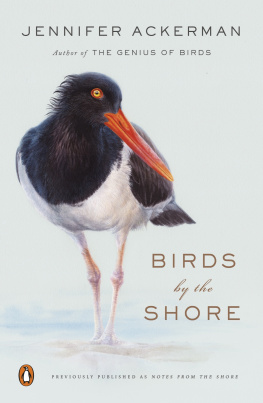Praise for The Way Home
A beautiful and thought-provoking story that will inspire you to live differently. Mark asks the most fundamental questions then sets out to live the answers.
Lily Cole
Dont buy my books: buy this instead, while theres still time for you to change. This one matters. Boyle is the real thing: vital, angry, and kind. And real things are terribly rare. You might think his ideas are dangerous, but in fact they represent the only possible safety.
Charles Foster, author of Being a Beast
Illustrates beautifully that giving up many of the things in life that we treat as indispensable may actually be less of a sacrifice than a liberation.
Neil Ansell, author of Deep Country
The Way Home paints a picture not only of how broken our culture has become, but of how to begin building a new one. It demands to be read and then lived by.
Paul Kingsnorth, author of The Wake and Confessions of a Recovering Environmentalist
In a world more connected than ever before we have never been so disconnected. Boyle takes us along with him on his experimental journey to reconnect, with himself and to the rhythms of the natural world around him. A thought-provoking read which encourages the reader to appreciate many of the things we take for granted.
Megan Hine, author of Mind of a Survivor
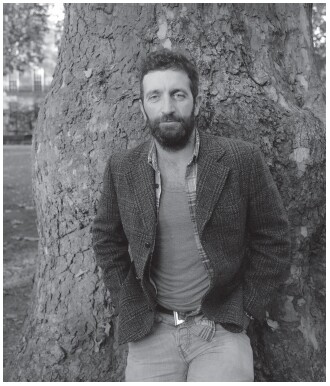
Mark Boyle is the author of The Moneyless Man , The Moneyless Manifesto and Drinking Molotov Cocktails with Gandhi , which have been translated into over twenty languages. A former business graduate, he lived entirely without money for three years. He has written columns for the Guardian and has irregularly contributed to international press, radio and television. He lives on a smallholding in Co. Galway, Ireland.
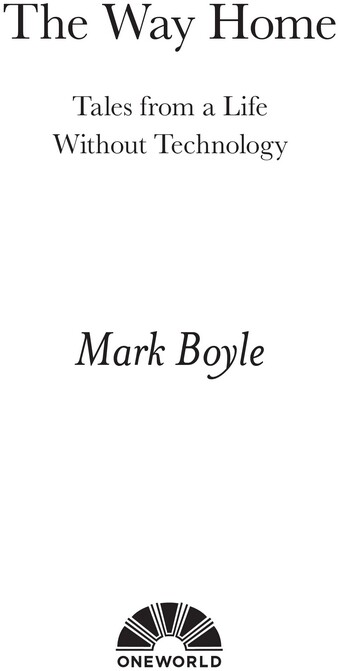
For Kirsty Alston,
my mother, Marian Boyle, and my father, Josie Boyle
I am here not only to evade for a while the clamor and filth and confusion of the cultural apparatus but also to confront, immediately and directly if its possible, the bare bones of existence, the elemental and fundamental, the bedrock which sustains us. I want to be able to look at and into a juniper tree, a piece of quartz, a vulture, a spider, and see it as it is in itself, devoid of all humanly ascribed qualities, anti-Kantian, even the categories of scientific description. To meet God or Medusa face to face, even if it means risking everything human in myself.
Edward Abbey, Desert Solitaire (1968)
Everything not saved will be lost.
Nintendo Quit Screen message
Contents
Authors Note
Throughout this book I speak of places that are of special significance to me. But this is not a travel book, nor an encouragement to explore far-off lands that bear no relevance to your own everyday experience of life. Anything but. Instead its an invitation to immerse yourself in your own landscape, to foster an intimate relationship with it, to come to depend upon it; to find your own place within your own place. This is work enough, believe me. As Patrick Kavanagh wrote in his essay The Parish and the Universe, To know fully even one field or one land is a lifetimes experience.
Woven into these pages is the story of one such place, the Great Blasket Island, and the lusty people who scratched a living from its sandy soil and turbulent seas until their evacuation in 1953. As this tale of connection, loss and hope unfolds outside the books seasonal rhythm, I have italicised those passages that step beyond the landscape around my neck of the woods, Knockmoyle, and enter into the lost world of Blasket time.
Books tend to have the unfortunate habit of attracting thoughtless tourism to the places they reveal, the upshot of which can be the dilution of its essence and the particular things which made it worth writing about to begin with. If, for good reason, you still feel compelled to visit the places made known, all I ask is that you consider doing so in a way that their inhabitants, or the spirits that still haunt them, would welcome.
Places of character are full of characters, some of whom are human. All those I mention in this book are real, as are the stories and musings they imparted to me. To protect the privacy of my neighbours, however, I have given them fictitious names. On the off-chance that one of them ever stumbles upon a dusty copy of this book, I am sure theyll recognise themselves, and a few of the other characters, and chuckle. No one else need care; except, that is, for the names and characters of their own neighbours human, and non-human, alike.
Prologue
I have written minutely of much that we did, for it was my wish that somewhere there should be a memorial of it all, and I have done my best to set down the character of the people about me so that some record of us might live after us, for the likes of us will never be again.
Toms Criomhthain, The Islandman (1937)
The afternoon before I was set to begin living in a cabin, without electricity or any of the basic conveniences which, for most of my life, I had taken for granted a phone, computer, light bulbs, washing machine, running water, television, power tools, gas cooker, radio I received an email, perhaps the last I might ever receive, from an editor at a publishing house. He had read an article I had written for a newspaper, published earlier that day, and wanted to know if I would consider writing a book about my experiences.
One year before that, when I first thought about building the cabin the bedrock for what I hoped would be a simpler way of life I came to the tough but realistic conclusion that, personal journals aside, I would probably never write again. I was told that publishers no longer accepted the hand-written manuscripts of D.H. Lawrences time, especially from people who were no D.H. Lawrence; therefore my decision to start using less complex, more convivial tools was, I believed, a death knell to the only financial livelihood I had. This I accepted, as I had always maintained that, to borrow the words of nineteenth-century writer and transcendentalist Henry David Thoreau, it is more important to stand up to live than to sit down to write. Still, the prospect weighed on my mind.
So his email came as a surprise. I told him that I was interested. I had no idea at that point how it might work, if at all. For my entire adult life I had used computers to write everything from essays and theses to articles and books. I was already discovering that hand-writing was not only an entirely different craft to machine-writing, but that it involved a whole new way of thinking. There would no longer be the speedy convenience of the typed word or online research, no spellcheck, no copy and paste and no easy delete. If I needed to restructure a page, I would have to start over again. I wondered how editing might work without the instant communication that the modern publishing world has become accustomed to. My mind boggled. There were a hundred reasons why it might not work, so I picked up my pencil and set about making that ninety-nine instead.
~
Almost a decade before I decided to unplug myself from industrial civilisation, I began living without money for what was originally intended to be a one-year experiment. It ended up lasting three years, and money has played only a minor role in my life since. At this point, youre probably thinking that here is someone with acute masochistic tendencies. I could hardly blame you.
Strangely, the opposite is closer to the truth. Phrases like giving up, living without and quitting are always in danger of sounding sacrificial, limiting and austere, drawing attention to the loss instead of to what might be gained. Alcoholics are more likely to be described as giving up the booze than gaining good health and relationships. In my experience, loss and gain are an ongoing part of all our lives. Choices, whether we know it or not, are always being made. Throughout most of my life, for reasons that made perfect sense, I chose money and machines, unconsciously choosing to live without the things which they replaced. The question concerning each of us then, one we all too seldom ask ourselves, is what are we prepared to lose, and what do we want to gain, as we fumble our way through our short, precious lives?
Next page
